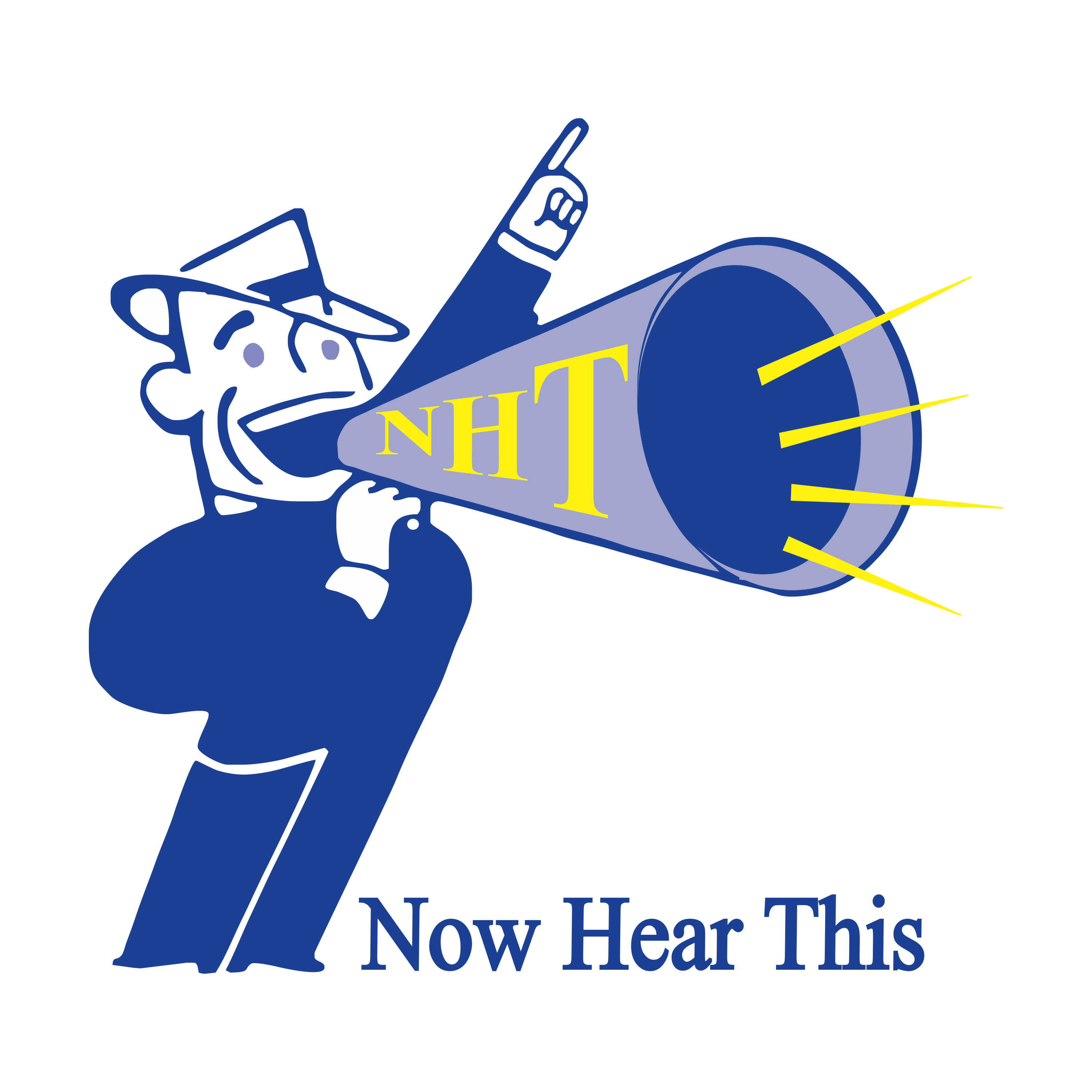 When you’re in the entertainment business it’s tough to not make it all, “Look at me, look at me, look at me.” After all, you want fans, radio stations, and media to hear your music. So, the temptation is to turn the metaphorical three-way bulb up to its brightest setting to get all the attention that you can.
When you’re in the entertainment business it’s tough to not make it all, “Look at me, look at me, look at me.” After all, you want fans, radio stations, and media to hear your music. So, the temptation is to turn the metaphorical three-way bulb up to its brightest setting to get all the attention that you can.
But here’s the thing – it’s not about you.
In the podcasting world it is often said (in my opinion, not often enough) that unless you’re a household name (no, really, a truly household name), then you should not name your podcast after yourself. If you asked, say, 25 people who The Rock is, the overwhelming majority (if not all) of them would know that he’s a former WWE superstar turned actor. Thus, if it’s someone like The Rock doing a podcast, that’s a perfectly acceptable example of where it’s appropriate for it to be named after the host.
I saw something this morning in the trades about someone who started a podcast and named it after himself. The problem? I’ve never heard of the guy. What would compel me to listen to it, then? How does him naming it after himself tell me anything about what could be expected content-wise, when I don’t know what he is known for?
Mind you, yes, you are an extension of the brand, and if you’re marketing just yourself – say, as an actor, a model, or a speaker for example – then that’s what you’re selling (yourself).
However, let’s get back to music.
What are you really selling? As they say in Nashville, it starts with the song. So, what you’re really marketing here is your songs, your music. You want radio stations to play your music. If all they did was talk about you but not play your music, that wouldn’t make sense. So, why would you put out a self-titled album? If there’s no theme to the songs on the album, hit the Default button and name the album after one of the songs.
Again, if I’ve never heard of you, putting out a release that’s named (only) after you isn’t going to move me to buy your music.
If you did an interview and talked all about you, you, you, but not your music, that’s not going to achieve the end goal, which is to get people buying your music. Think about this exercise. If you walked through a shopping mall and stopped 25 people, would you ask them, "Do you like me?" or would you hand them earbuds to listen to your song and say, "Do you like what you hear?"
Oh, you want to get booked to perform? That, you’re going to tell me, is when they need to know your name. Well, secondarily. You see, again, it first is going to have to start with the song(s). Someone has to like what they hear enough to say, “Who is this? I want to book them!” Or, if you provided someone with your music, it’s not your name that’s going to get them to say Yes, it’s what they’re going to hear when they press Play. If they hear something and don’t like it, who it’s by is irrelevant because they’re not going to book them anyway.
The new website that was launched for all the speaking that I do is www.SpeakerBruceW.com because it makes clear to visitors what they’re going to see on that site. They want to know who this Bruce guy is and what he talks about that should convince them to book him as a speaker for their event. Who is Bruce? Why should I choose him to come talk to my audience? What topics can he present? Is he funny? Is he inspirational? Will the attendees learn something from him? Again, who is Bruce? You see? There’s a difference.
When people hit your music website, there’s got to be music there that they can play right away to decide if what you’re creating is something they like and want to get involved with. Yes, of course your URL will be your name, but, that’s so you can show all the music that you’ve done.
Now go make great music that people want to hear.
Talk about this blog in our Facebook group!
Bruce
6 May 2019
By: Bruce Wawrzyniak
